🛒 E-Commerce and Kitchen: Digital Tools for Efficiency 🚀📱

Kira Zabe
January 22, 2025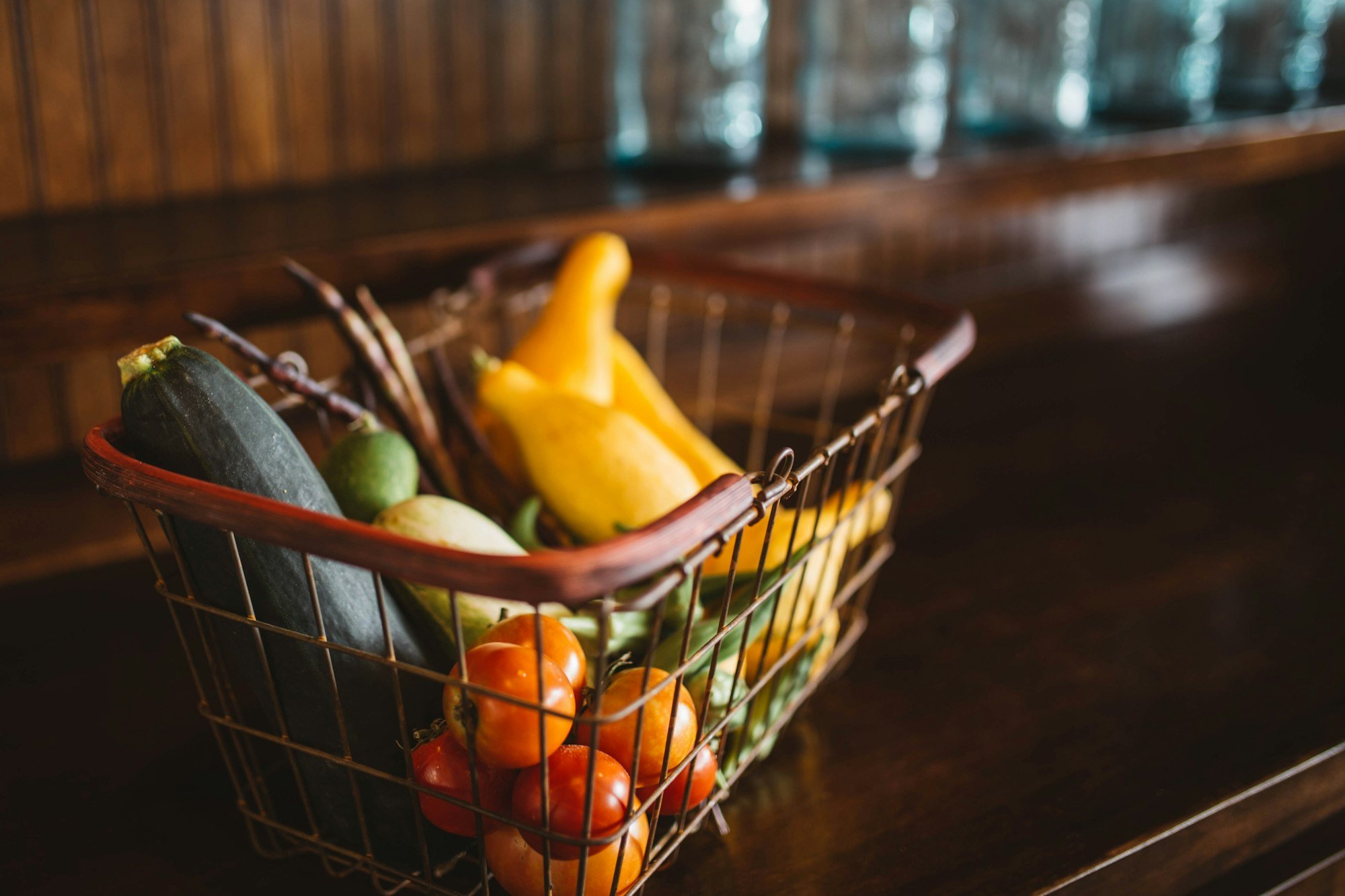
🥗 Smart tools for kitchen and e-commerce optimize processes, save resources, and increase conversions. Discover digital solutions! 🔧💻
Digital tools for kitchen and e-commerce: More efficiency, less waste
Efficiency and sustainability play a central role today – whether in the organization of the household or in the successful operation of an online store. Smart digital tools can save not only time and resources in both areas, but also minimize losses.
Innovative apps like Speisekammer.App help to reduce food waste and ensure satisfied customers. This article demonstrates how digital solutions can simplify processes in kitchens and retail while enabling maximum efficiency.
Summary
- Digital tools like the Speisekammer.App help manage food supplies efficiently and reduce waste.
- In e-commerce, smart solutions enable a better conversion rate through optimized checkout processes.
- Data analysis in both areas supports more precise decisions and increases efficiency.
- Personalized communication enhances both the user experience in online stores and planning in the kitchen.
- Mobile optimization is equally important for apps and online stores to provide users with easy access.
- Transparency in information and processes creates trust and reduces frustration among users.
- Automated reminders and features such as shopping lists save time and promote sustainable consumption.
- Shopping cart abandonment in e-commerce can be significantly reduced through targeted retargeting measures.
- Efficiency is a common denominator that connects kitchens and e-commerce, enabling long-term success.
- The integration of smart tools in households and commerce will continue to increase in the future and will simplify everyday life even more.
The challenges: food waste and shopping cart abandonment
Increasing efficiency is not an end in itself, but a response to central challenges that affect both everyday life and e-commerce. Food waste burdens not only households but also the environment significantly.
In online commerce, on the other hand, shopping cart abandonment leads to enormous revenue losses. A look at these challenges highlights why digital solutions are so valuable.
Overview of food waste and its impacts
Every year, millions of tons of food are wasted worldwide, often due to poor organization or unconscious mispurchases. Consumers buy more than is actually needed, or overlook expiration dates in their supplies.
This unnecessary waste not only burdens the wallet but also leads to a significant squandering of resources such as water and energy, which were used in the production of the food.
Food waste also has far-reaching ecological consequences. CO₂ emissions, generated during production, transport, and disposal, contribute to climate change. Smarter inventory management, as enabled by the Speisekammer.App, can significantly reduce such wastage.
Digital tools create clarity and promote a more conscious approach to food.
The problem of shopping cart abandonment in e-commerce
Shopping cart abandonment is one of the biggest challenges for online stores. Studies show that a majority of users abandon the purchase process prematurely – often out of frustration with confusing checkout processes or a lack of payment options. Each abandoned purchase represents not just lost revenue, but also a lost potential customer.
It is particularly frustrating when customers, after a comprehensive product selection, do not proceed with the final step. Solutions like those from Uptain address this very issue and offer ways to automate customer-oriented re-engagement measures. Personalized communication and incentives build trust and sustainably increase conversion.
Efficiency is crucial in both areas
Efficiency means using existing resources optimally and avoiding losses. In the kitchen, this not only saves money but also reduces the ecological footprint.
Smart inventory management systems help to keep track and only purchase what is really needed. This creates not only order but also sustainability.
In e-commerce, efficiency directly affects the competitiveness of a store. Customers expect a fast and intuitive purchasing process, and every unnecessary click can lead to abandonment.
Digital solutions offer enormous potential here to simplify purchasing processes and retain customers in the long term. Through targeted optimization, both companies and consumers benefit equally.
Increasing Efficiency in Online Commerce: Strategies for Higher Conversions
Efficiency in online commerce determines whether a visitor becomes a buyer. Every click, loading time, and every detail in the ordering process can make a difference. Strategies for increasing the conversion rate focus on simplifying purchasing processes and better understanding customer needs.
Here are key approaches that can sustainably optimize online stores:
Key strategies for increased efficiency and conversions
- Optimization of the Checkout Process: A clear and intuitive checkout is crucial. Reduce the number of steps, offer various payment methods, and avoid unnecessary mandatory fields.
- Personalized Address: Use data on user behavior to provide individual recommendations or tailored offers. This significantly increases the likelihood of a purchase.
- Mobile User-Friendliness: With the increasing use of smartphones, online stores must be optimized for mobile devices. Fast loading times and a responsive design are essential.
- Clear product information: Customers want to see all relevant information at a glance before making a purchase. High-quality product images, detailed descriptions, and reviews build trust.
Customer retention measures
- Reactivating abandoned carts: Automated emails or targeted discounts can encourage customers to complete a purchase they have abandoned.
- Reward systems and loyalty programs: Exclusive benefits for returning customers enhance engagement and create incentives for additional purchases.
- Transparent customer service: An easily accessible support hotline or chat feature conveys trust and security, especially for major purchasing decisions.
An efficient online store is not only technically optimized but also tailored to the needs of its target audience. The combination of clear processes, personalized communication, and user-friendly design makes the difference and ensures long-term success.
An efficient online store requires not only well-thought-out processes but also the selection of the right platform. Particularly with solutions like Shopify, costs play a crucial role.
Shopify costs include not only the basic fees but also additional expenses for plugins and optimization tools. A detailed overview of these investments helps to better plan the profitability of a store and to create long-term success.
Commonalities and synergies between cuisine and e-commerce
Efficiency is the common thread between modern approaches in kitchen organization and online commerce. Both areas benefit from clear structures, optimized processes, and data-driven decisions. A look at their similarities reveals how to leverage synergies to make processes even more successful.
Parallels in optimizing processes and user experiences
Clearly structured processes are important to maintain an overview both in the kitchen and in e-commerce. Pantry apps help users to manage their supplies efficiently, while online stores constantly adjust their checkout processes to complete purchases. Both approaches rely on simplicity and user-friendliness to make everyday life easier and minimize losses.
User experiences are at the forefront. Whether it's intuitive app navigation or a smooth ordering process – customers expect clear structures and quick results.
Both in the kitchen and in digital commerce, it is evident: The simpler the operation, the greater the satisfaction and the higher the long-term success.
Photo by Towfiqu barbhuiya / Unsplash
Smart data analysis promotes efficiency in both areas
Data is the key to optimization. Apps like Pantry.App analyze inventory data and remind you of expiring food items, while e-commerce platforms use customer data to better understand purchasing behavior. Smart analytics enable data-driven decision-making and process adjustments.
In e-commerce, conversion rates and shopping cart abandonment are analyzed to initiate targeted measures for improvement. In the kitchen, such analyses provide a basis for more conscious consumption. Whether shopping lists based on consumption or recommendations for repurchases – data-driven decisions save resources and increase efficiency.
Future Perspective: Integration of Smart Tools in Household and Commerce
The interconnectivity between households and commerce will continue to increase. Smart apps could in the future interact directly with online stores to trigger automated orders based on consumption data. Kitchen and e-commerce are merging and creating seamless transitions between planning, shopping, and usage.
The use of AI also offers exciting prospects. Personalized suggestions for recipes or product recommendations could be tailored to the user and thus meet individual needs even better. This integration creates an efficiency that fundamentally changes everyday life both at home and in digital commerce.
Conclusion
Efficiency is the key factor that leads to better results in both kitchen organization and e-commerce. Smart digital tools like the Speisekammer.App and targeted optimization strategies in online trading show how processes can be simplified, resources conserved, and losses reduced. Whether managing inventories or optimizing checkout processes – the focus on clear structures and user-friendliness makes the difference.
The parallels between both fields illustrate that intelligent solutions not only solve everyday problems but also enable more sustainable and successful actions. Data analysis and automation are crucial here to make precise decisions and meet the needs of users. This approach not only brings more order but also measurable added value – in the kitchen as well as in digital commerce.
Looking into the future, it is evident that the integration of smart technologies will continue to advance. The connection between households and e-commerce offers tremendous potential to make processes even more seamless. Digital tools lay the foundation for greater efficiency and sustainability, becoming indispensable companions for modern daily life.
Photo by Alberto Cognetti / Unsplash
FAQ
What are the benefits of combining kitchen and e-commerce through digital tools?
The integration of digital tools in the kitchen and in e-commerce creates more efficiency and user-friendliness. In the kitchen, apps like the Speisekammer.App help organize supplies and reduce food waste.
In e-commerce, smart solutions enable personalized user experiences and optimize purchasing processes. Together, they promote sustainability, save time and money, and ensure smoother management in both areas.
Can I use digital tools even without technical knowledge?
Yes, most digital tools such as the Pantry.App and e-commerce solutions are designed for intuitive use. The user interfaces are often clearly arranged, and many apps provide guides or support.
Even for beginners without technical knowledge, getting started is easy. The goal of the tools is to simplify everyday tasks without the need for complicated processes or training.
How can digital tools be customized individually?
Digital tools offer numerous customization options to meet the needs of different users. In the kitchen, for example, you can create categories for supplies or personalize shopping lists.
In e-commerce, customer data can be used for personalized product recommendations or individual discounts. This flexibility makes it possible to tailor the tools precisely to one's own daily routine or business operations.
What is the cost of using such digital tools?
The costs for digital tools vary depending on the provider and the range of functions. Many apps, such as the Speisekammer.App, are available for free but offer optional premium features for a fee.
E-commerce solutions depend on the size and requirements of the online store, often there are tiered prices. It's worth comparing the features and costs in advance to find the best value for money.
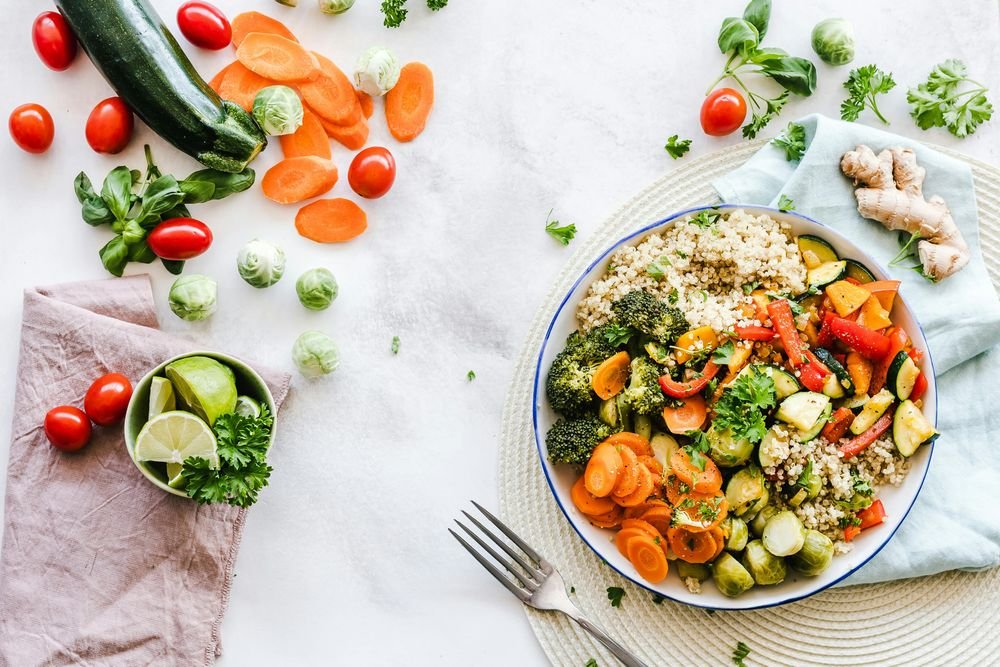
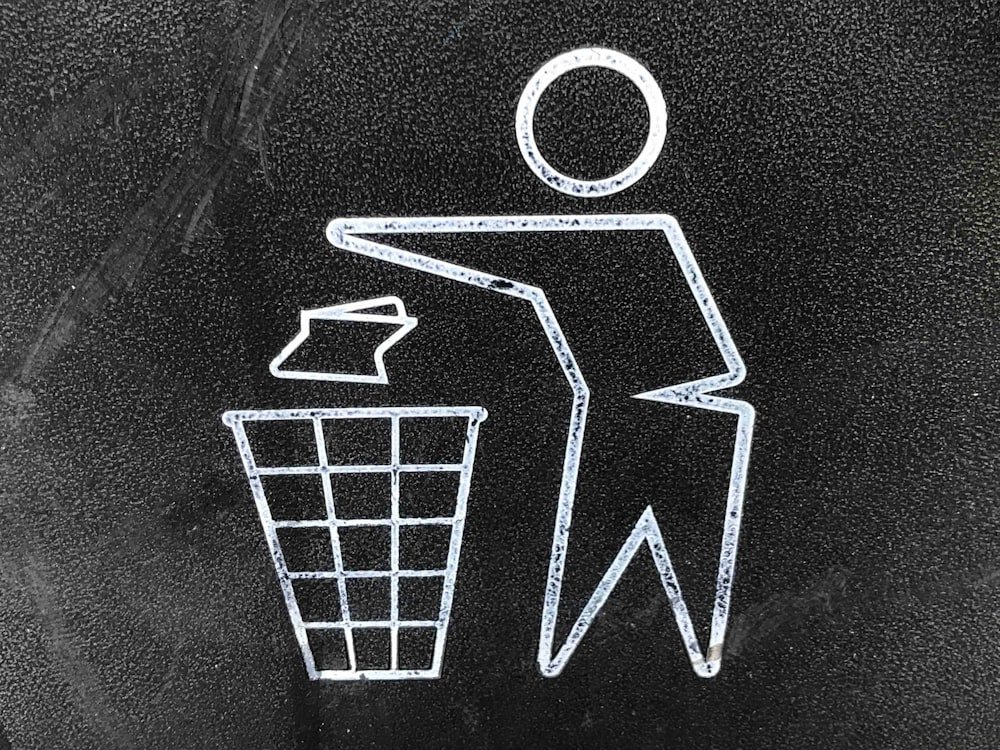


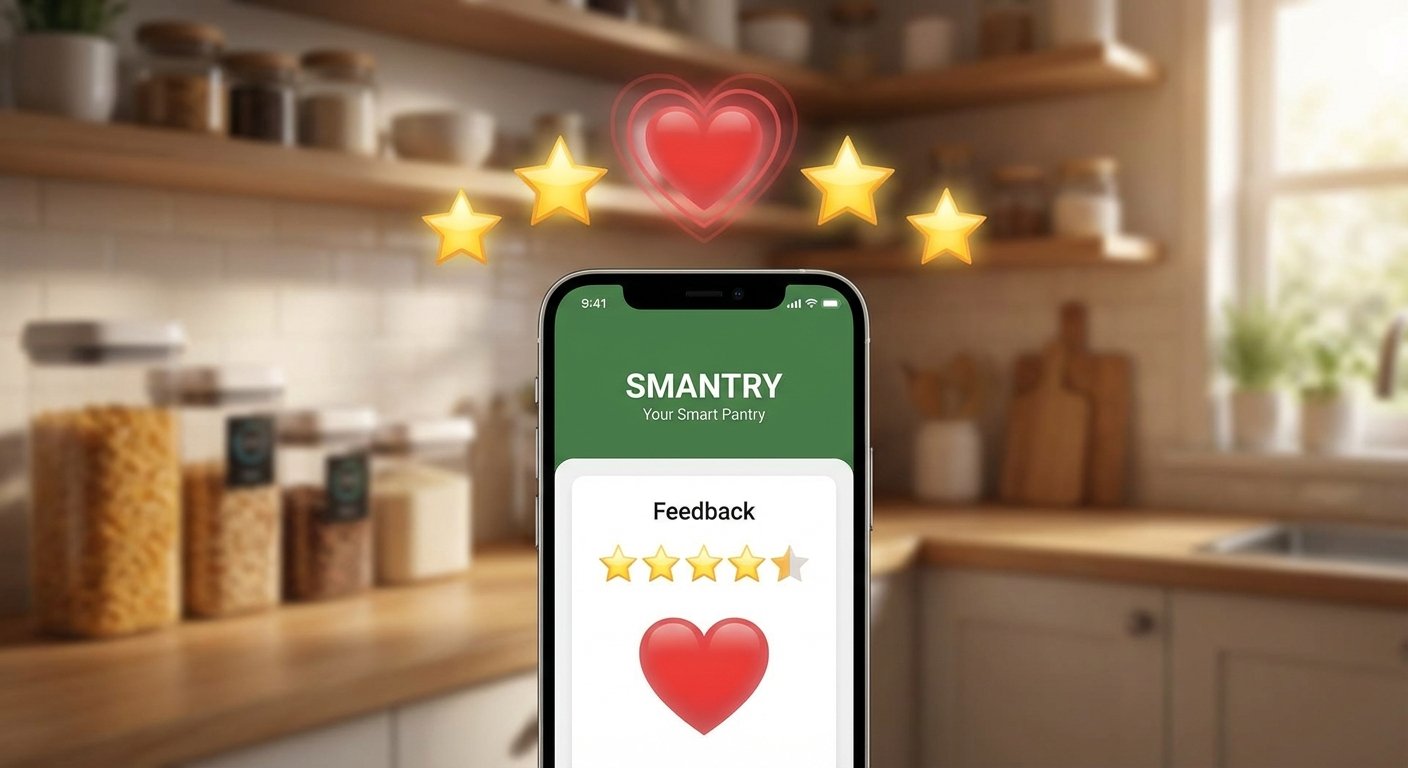
Smantry: Not perfect – but made with a lot of heart
Many of our users write to us that theyhave been looking for exactly this kind of app for a long time. At the same time, we also read reviews that say:“Good idea, but …”
And that’s exactly what we want to talk about openly today.
An app for everyday life – not for perfection
Smantry is designed to make everyday life easier: manage groceries, stay on top of things, waste less.
Your feedback shows us that this is already working well for many of you:
- Inputs are quick and straightforward
- The scanner reliably detects most products
- Editing and making changes is easy
- Our support is perceived as fast, friendly, and solution-oriented
We’re really glad to hear that – because that’s exactly what we’re building Smantry for.
Why some things are (still) not perfect
What you often don’t see from the outside: Smantry is developed by a very small team.
Right now we are 5 people, and none of us works full-time on the app. We do this alongside other projects, jobs, and commitments – with a lot of passion, but limited resources.
That doesn’t explain everything, but it provides context:
- Some functions take longer
- Technical issues (e.g. with premium activations) unfortunately happen sometimes
- Not every idea can be implemented right away
Frequently asked questions from your reviews
Why a subscription?
The subscription allows us to cover server costs, ongoing development, updates, and support in the first place. Without continuous revenue, Smantry would not be able to exist in the long term.
"Why isn’t the bug I reported being fixed?"
Sometimes there are several bugs at the same time and we have to prioritize the ones that affect core functions. That can mean that a different bug gets fixed first. We always try to resolve everything quickly – but unfortunately we can only do it step by step.
Why doesn’t Premium sometimes work right away?
Subscriptions are managed through the app stores. In rare cases, synchronization issues can occur. That’s annoying, but not intentional – our support team will always help you with this personally.
Where we want to go
Smantry is meant to get better – not just on paper, but in real everyday life.
This includes:
- more features from the web app
- better stability
- more flexibility with categories
- clearer communication
Your feedback plays a central role in this.
In conclusion
We’re not a corporation.
We’re a small team that believes in a good idea and is putting it into practice step by step.
If Smantry is helping you – even if everything isn’t perfect yet – we really appreciate your trust, your feedback, and of course a fair rating in the App Store 💛
Thank you for being part of this development.
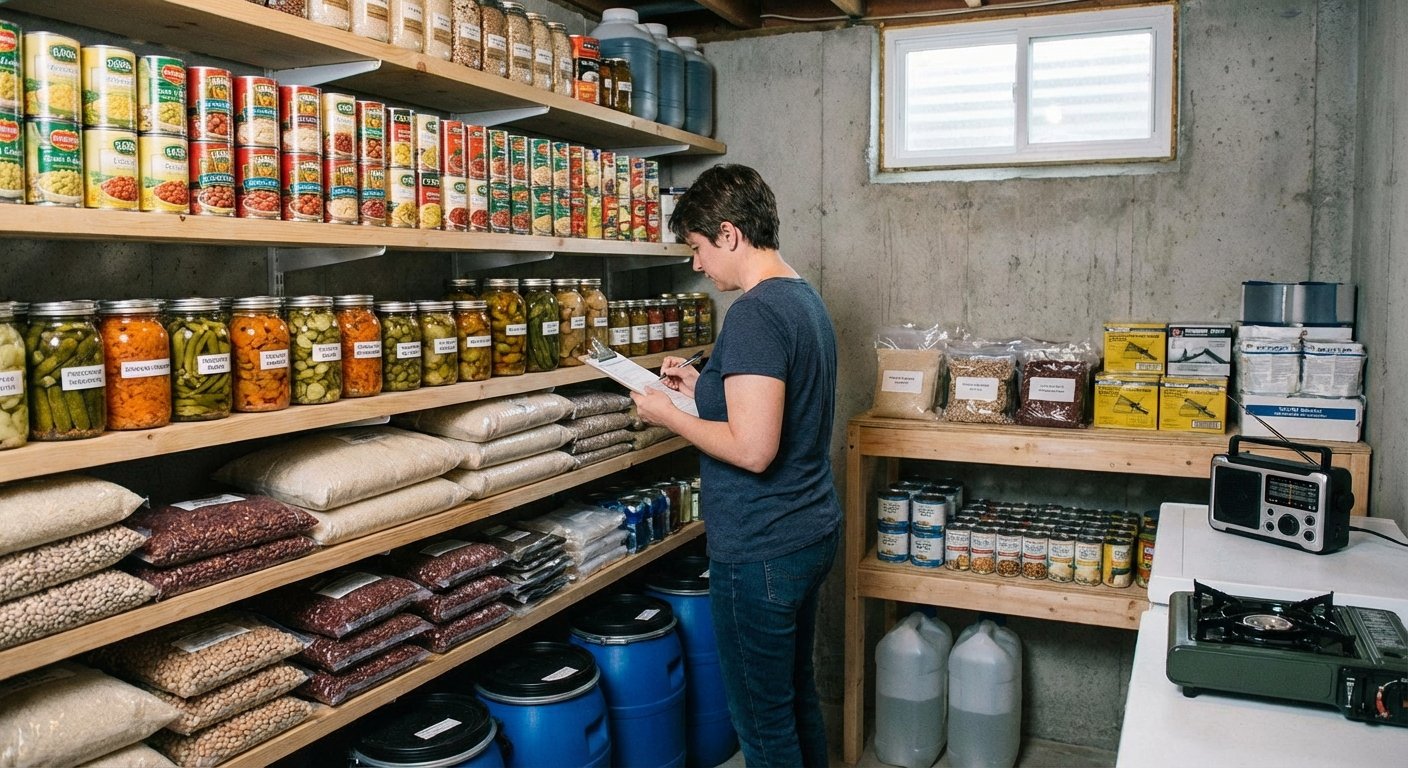
Power outage in Berlin: Why preparation and prepping are more important today than ever
An unexpected power outage in Berlin has recently shown how quickly our daily life can become unbalanced. Traffic lights went out, card payments stopped working, and many households were suddenly without light, internet, or cooking facilities. Such events highlight: emergency preparedness and prepping are not about spreading panic, but rather a sensible and responsible preparation for real risks.
Power Outage – A Real Risk for Major Cities
Whether it's technical malfunctions, construction work, or extreme weather conditions: A Blackout or regional power outage can occur at any time. Especially in large cities like Berlin, the effects are immediately noticeable. Without electricity, many basic systems no longer function – from supermarkets to ATMs to communication.
The most important question is:
Am I prepared for this?
Prepping: Preparedness instead of fear
Prepping does not mean preparing for apocalyptic scenarios. Rather, it's about everyday readiness:
- remain capable of acting
- be able to provide for the family
- Reduce stress and uncertainty
- not be immediately dependent on external help
The power outage in Berlin demonstrates: Just a few hours without electricity can cause major problems.
Stockpiling food as a key to emergency preparedness
A well-thought-out food supply is the foundation of any emergency preparedness. Experts recommend having supplies for at least 7 to 14 days. These include:
- non-perishable food items such as rice, pasta, canned goods
- Drinking water
- long shelf-life snacks
- Baby food or special diet
- off-grid cooking options (e.g., gas stoves)
Yet many households quickly lose track: What's available? What's missing? What's about to expire?
Digital preparation with the Smantry App
Here comes the Smantry App into play – your digital companion for prepping, preparation, and stockpiling. The app helps you to plan your supplies in a structured way and to keep track at all times.
With the Smantry App you can:
- Easily capture food supplies digitally
- Define minimum quantities for emergencies
- Monitor expiration dates and prevent food waste
- prepare specifically for power outages, blackouts, and crises
- Integrating prepping step by step into daily life
This makes emergency preparedness simple, transparent, and efficient.
Prepare now instead of improvising later:
👉 Download the Smantry App and start your digital emergency preparedness today.
Power outage in Berlin as a wake-up call
The power outage in Berlin was an eye-opener for many people. It demonstrates how quickly familiar structures can collapse – and how important it is to be prepared. Those who take precautions in time remain calm, safe, and independent.
Conclusion: Take precautions now instead of reacting later
Power outages, supply shortages, and crises are part of the reality of our time. With a well-thought-out food stockpiling and digital tools like the Smantry App you can make your emergency preparedness simple and effective.
👉 Start your preparation now
Download the Smantry App and gradually build up your personal emergency preparedness – before the next power outage occurs.
Discover the app now and be prepared.

🍂 Cozy Autumn Leftover Cooking – Comfort dishes made from what's available
When the rain taps on the window and the tea cup becomes a permanent guest, the most beautiful kitchen time of the year begins: autumn. And what could be a better match than stylish leftover cooking – dishes that are not only sustainable but also truly exciting.
Autumn leftover cooking means: use instead of waste, but with a touch of sophistication. Here are some more unusual ideas to turn leftovers into small culinary highlights.
🧀 1. Pumpkin Gnocchi from leftover roasted vegetables
Do you have some leftover roasted pumpkin or sweet potato from the day before? Perfect!
Mash the vegetables, mix them with some flour, salt, and grated Parmesan, shape them into small gnocchi, and briefly cook them in salted water until they float to the surface. Then toss them in sage butter and top with chopped walnuts.
→ Tastes like Italy, looks like fine dining – and it's all made from leftovers!
🥖 2. Rustic bread salad with grapes and goat cheese
Tear stale bread into pieces, toast in olive oil until golden brown.
Add a few grapes (wrinkled ones are especially sweet), arugula or lamb's lettuce, crumbled goat cheese, and roasted hazelnuts. Mix with a dressing of balsamic vinegar, honey, and mustard.
→ A fall twist on the classic Panzanella – sweet, salty, crunchy, perfect!
🧅 3. French onion tart with leftover vegetables and puff pastry
Got some leftover puff pastry in the fridge? Make a tart out of it!
Caramelize onions in butter, add some leftover vegetables (e.g., leeks, mushrooms, or spinach). Spread on the pastry, top with a dollop of sour cream or cream cheese, and bake until golden brown.
→ Wonderfully aromatic, especially with thyme or rosemary.
🍎 4. Apple Sourdough French Toast with Vanilla Rum Butter
A piece of stale sourdough bread is soaked in a mixture of milk, egg, vanilla, and a dash of rum, fried in a pan, and served with fried apple slices and a rum butter.
→ Luxurious, yet made entirely from leftovers – perfect for a Sunday breakfast in pajamas.
🥬 5. Risotto made from leftover vegetables with lemon and herb oil
Chop the vegetable scraps finely and cook with a handful of rice into a creamy risotto.
A dash of lemon juice and some leftover herbs (parsley, basil, arugula) blended with oil make a fresh herb oil as a topping.
→ The acidity of the lemon beautifully enhances the earthy autumnal notes.
☕️ Bonus Tip: Using leftovers in a dessert glass
A few spoons of leftover compote?
Some leftover cake or cookies?
Layer it all with yogurt or mascarpone in a glass – and you have an autumnal "trifle" that looks like it came straight from a café in Copenhagen.
🍁 Conclusion
Autumnal leftover cooking is not a last resort, but a playground for creativity. When you look at ingredients with open eyes – not as leftovers, but as opportunities – small, exquisite dishes full of soul and flavor emerge.
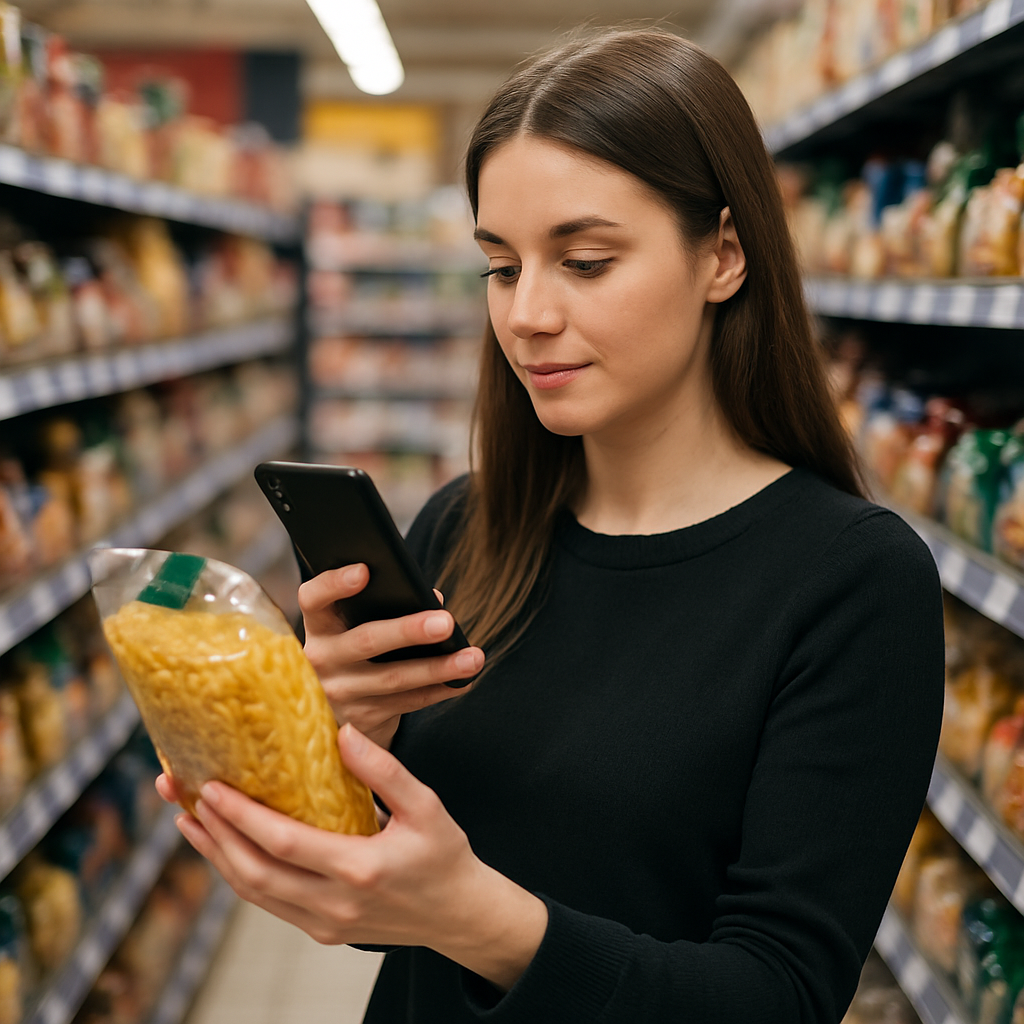
Why we never stop refining Smantry ✨
At Smantry, we don't believe in 'finished'.
An app that is meant to accompany people in their daily lives is never complete – it grows, changes, and evolves. Just like the people who use it. 💛
We regularly pay attention to every detail:
How does a click feel? Is the path to a function clear enough? Does the idea behind a new view come across intuitively?
Sometimes it's just tiny things that make the difference – a better-placed button, a simplified overview, or a sentence that suddenly becomes clearer.
What drives us is the idea that Smantry should feel easy, familiar, and meaningful.
We want you to open the app and feel: "Ah, this is exactly how it should work."
Of course, not everything always goes perfectly. But that's exactly the point: We take the time to listen, to observe, to reconsider. Every piece of feedback, every use case, every new idea helps us to understand a little better what really matters.
Smantry is not a rigid product for us – it's a living process. A collaborative project that grows step by step.
And every update, every small improvement is a sign that we are on the right track:
A path to an app that doesn't feel like technology, but like support.
Towards a daily life that becomes simpler. Towards clarity, structure – and maybe even a bit of ease. 🌿
We're staying on it.
Because we are convinced that good things take time – and that it's worth creating them with heart.
Your
Smantry-Team
